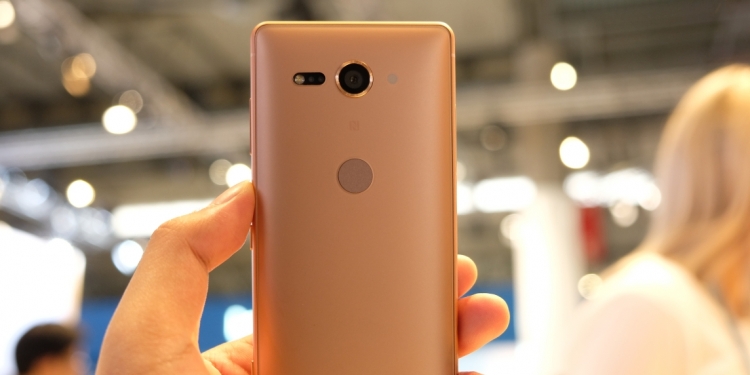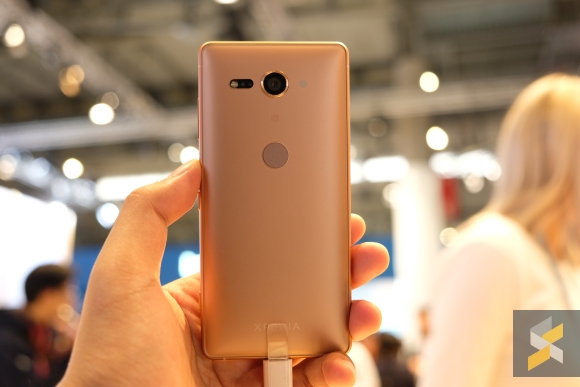Like the Wakandans in Black Panther, smartphone makers happened upon a source of incredible power with near unlimited potential: The 18:9 aspect ratio display with super slim bezels. Whoever wielded this power could put big screens into small smartphone bodies in a way that hadn’t been done before, opening up a world of possibilities when it came to smartphone design.
However, for the most part, everyone became obsessed with putting even bigger displays into even larger smartphone bodies. That is, until today. Today, Sony launched two brand new smartphones — the Xperia XZ2 and XZ2 Compact — and one of them is the kind of smartphone I’ve been pining for since I reviewed the iPhone 8. There’s just one problem.
Xperia XZ2
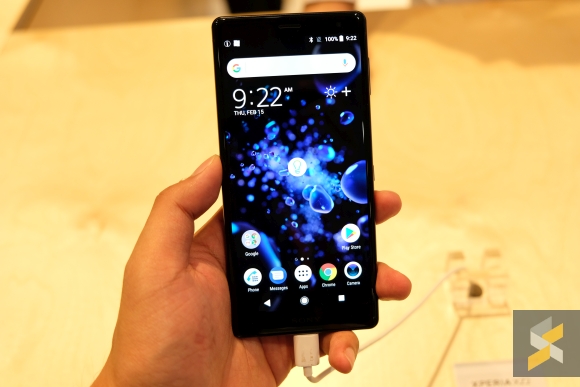
Now I know this may come as a surprise to you but when I say brand new Sony phone, I actually mean it. The company has finally ditched the “timeless design” of their “loop surface” smartphone body in favour for a complete overhaul. The Xperia XZ2 looks like no Sony Xperia phone before, and I think it is a very bold move.
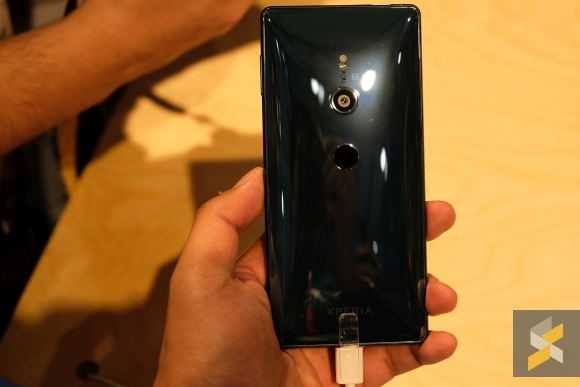
Does that mean it’s a really sexy smartphone now? Not really. It’s very modern in the sense that it’s a glossy glass and metal sandwich but it’s not really a gorgeous new look that we’ve never seen before. In fact, it reminds me a lot of the HTC U11.
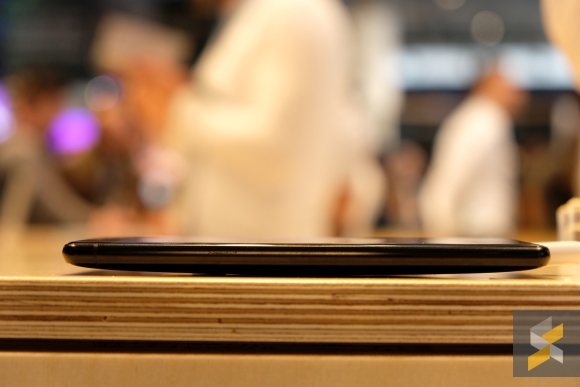
Still, that’s not a bad thing because the design works. The XZ2 a phone that I doubt anyone will have a problem holding in their hands thanks to the gentle curve of the back and the rounded metal frame. I’d say it’s a lot more ergonomic than the flat Xperias of the past so props to Sony on that. I’m particularly glad that they had the courage to finally change things up a bit and this glass body even gives Sony the added benefit of being able to equip the XZ2 with wireless charging.
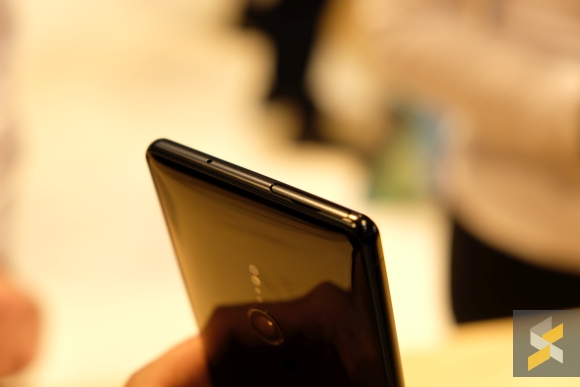
In the specs department, Sony hasn’t really skimped on anything either. You get a top-of-the-line Qualcomm Snapdragon 845 octa-core processor, 4GB of RAM and 64GB of UFS internal storage. You can still expand storage via a microSD card for up to 400GB of extra space. Keeping the lights on is a 3,180 mAh battery with Qualcomm’s Quick Charge 3.0.
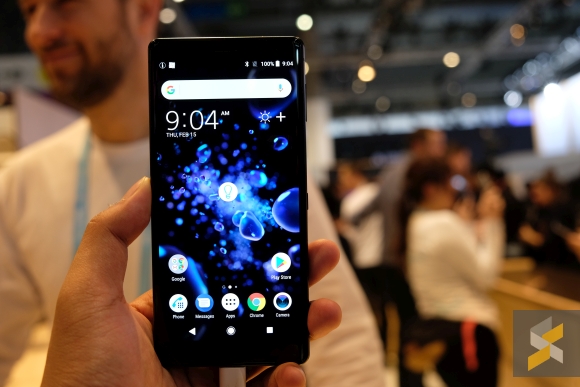
In the display department, Sony’s jumping in the 18:9 display aspect ratio bandwagon this year with the XZ2’s Full HD+ display that measures 5.7 inches diagonally. It’s not a 4K panel like on the XZ Premium but it still has support for HDR playback. Honestly, the screen looks about as good as it does on any of Sony’s other flagships, so I have no complaints.
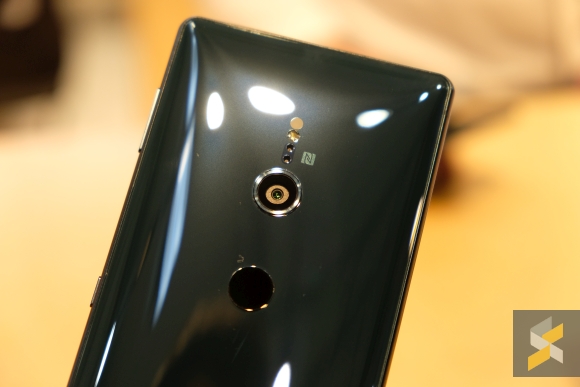
Besides its new location in the middle of the smartphone’s body, the 19MP Motion Eye camera hardware hasn’t changed that much. But, the smartphone’s camera capabilities have definitely improved. Remember the 960 fps ultra slow-motion 720p video recording Sony pioneered last year? This year, they’re improving that further, bumping resolution up to 1080p (Full HD). Although you’re going to get more detail, this mode still struggles with noise.
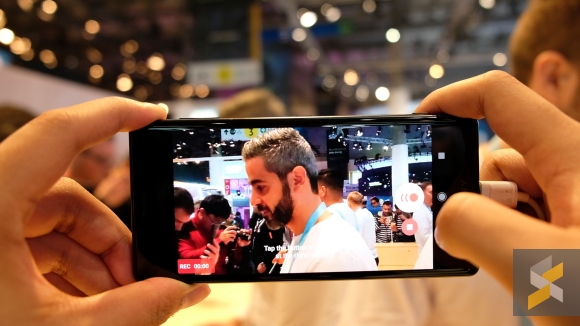
That said, my biggest problem with the 960fps slow motion footage is with how the footage is captured and that much hasn’t changed. You still need to manually tap the shutter button to activate the feature, so that means you will still need cat-like reflexes to capture those split second moments. In this respect, I think Samsung has the better idea.
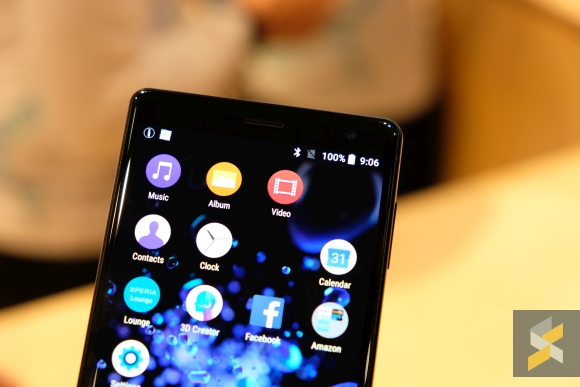
Sony’s also added the 3D face scanning feature, that debuted on the XZ1, to the front camera of the XZ2 so now you can easily scan your own face. They also improved the quality of the 3D scan and added the ability to post your scans directly to your Facebook timeline with the 3D Creator app.
Now, while specs and performance are great, I think my favourite new feature on the Sony Xperia XZ2 is the haptic feedback produced by Sony’s new Dynamic Vibration System.
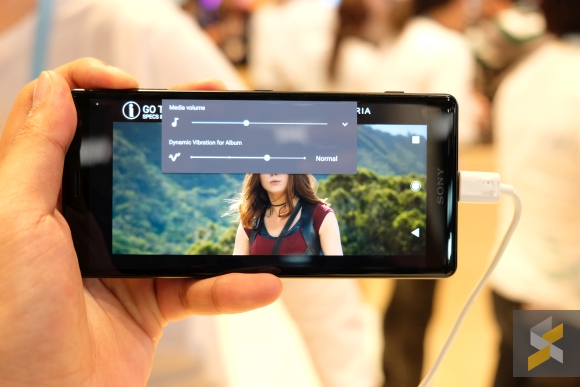
In a nutshell, the technology analyses audio from any video that’s being piped through the smartphone’s stereo speakers (which are now even louder than before) and then proceeds to vibrate the smartphone to match. The effect is very similar to what Sony does with their dual-shock PS4 controller and it adds a neat layer of depth to the otherwise common practice of watching videos on your smartphone.
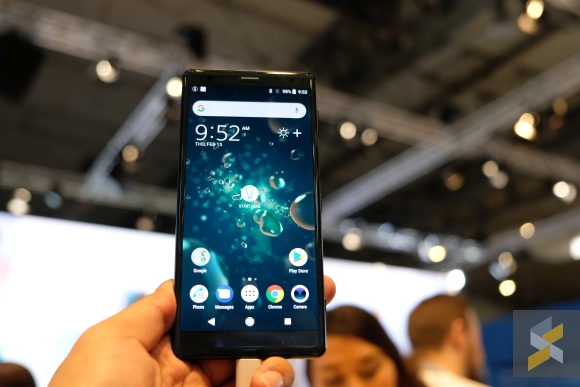
However, all of that comes at the cost of the 3.5mm headphone jack. RIP. Looks like it’s dongle life from now on for future Sony smartphone users. Thankfully, Sony managed to keep IP68 water resistance on the Xperia XZ2 despite the complete makeover.
[nextpage title=”But, the phone that really caught my eye was the smaller one”]
Xperia XZ2 Compact
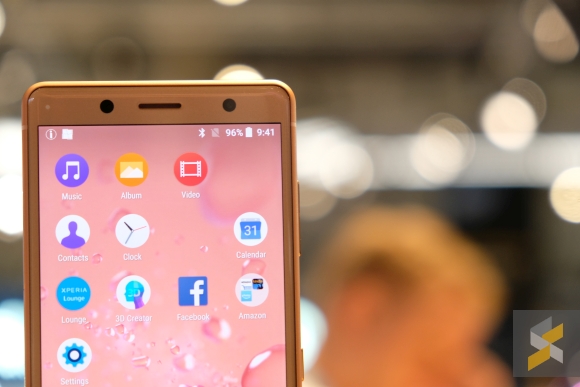
Yes, despite the shiny new body of the XZ2, the device that really caught my eye was the smaller Xperia XZ2 compact. It was almost as if Sony read my review of the iPhone 8 and went “yeah, let’s make this guy his phone”.
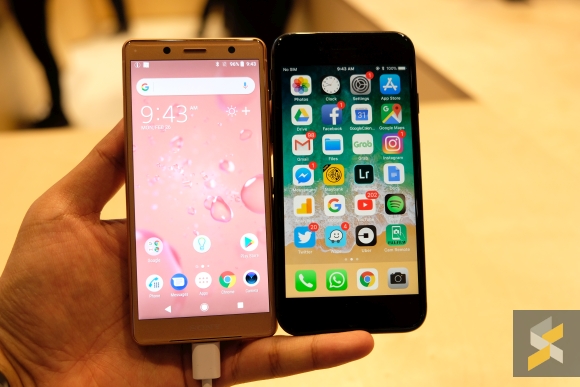
The resulting handset is pretty much everything I could have asked for on an Android flagship. It is basically the XZ2 but smaller and in a different body. You still get the same flagship processor and specs. You get the same camera, stereo speakers and IP68 water resistance too. The XZ2 Compact even features a 5″ Full HD+ display with support for HDR playback!
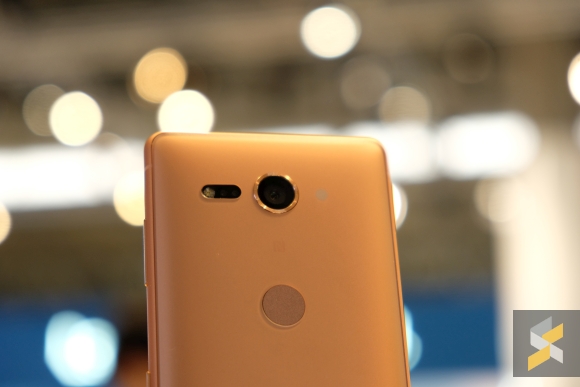
The only spec-sheet difference between the XZ2 Compact and the XZ2 — besides the size of the display and 2,870 mAh battery — is that the Compact doesn’t feature the Dynamic Vibration System and it doesn’t support wireless charging. But I consider those to be cool perks rather than core features, so I’m not too bothered by it.
However, while I think Sony got the specs and idea down pat, it seems that they ran out of juice when it came to designing and building the actual smartphone.
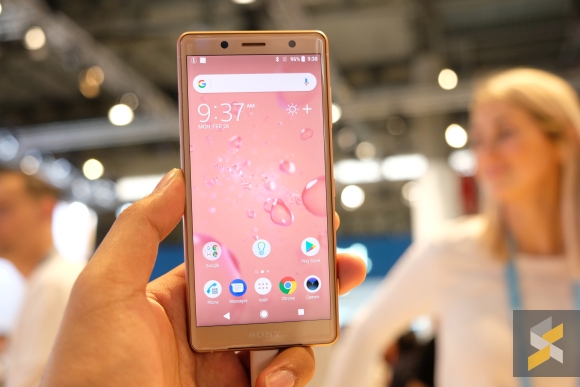
I know I said the XZ2 wasn’t a “beautiful” phone, but next to the XZ2 Compact, the larger XZ2 looks like a Victoria’s Secret model. Sony even ditched the glass back of the XZ2 for a polycarbonate one on the Compact!
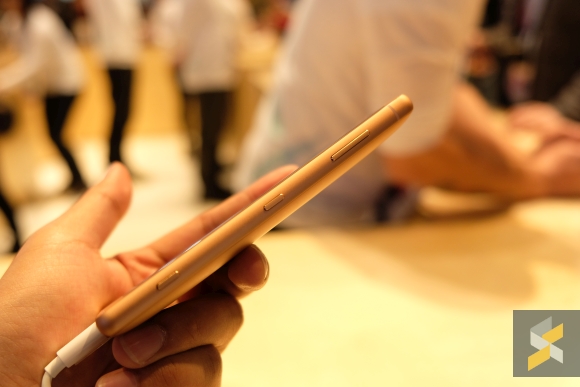
It’s really unfortunate that Sony took such a drastic shift in material choices because while the curved glass back on the XZ2 made the device feel premium, the curved polycarbonate one on the XZ2 Compact makes it feel really cheap. Maybe you like that “sleeper” look, but I like a proper flagship smartphone, like the XZ2 Compact, to feel like the top-of-the-line device that it is.

